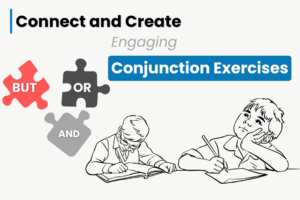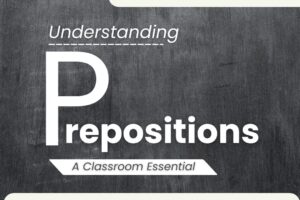
Considering studying abroad? The TOEFL test is just one way to open doors for you. TOEFL stands for Test of English as a Foreign Language and assesses your English skills for academic success in English-speaking universities. This guide will give you a beginner’s overview of the TOEFL and what to expect. However, the International English Language Testing System/IELTS test is another widely recognized test. Many institutions around the world accept both TOEFL and IELTS scores for admission purposes.
What is the TOEFL?
The TOEFL, standing for Test of English as a Foreign Language, is a standardized test designed to assess a non-native speaker’s ability to use and understand English at an academic level. Universities and institutions in English-speaking countries widely accept it as proof of English proficiency for admission purposes. In addition to the TOEFL, some institutions may also accept the Duolingo Test.
Who Should Take the TOEFL?
Suppose you’re an international student aiming to pursue a degree program at a university where English is the primary language of instruction. In that case, the TOEFL is likely a mandatory requirement for your application. In some cases, universities might accept alternative tests like IELTS (International English Language Testing System), but TOEFL is a widely recognized option.
What is the TOEFL Test?
The TOEFL iBT (internet-based test), the most common format, evaluates your English skills across four key areas:
- Reading: This section assesses your ability to understand academic texts and identify key information, main ideas, and supporting arguments.
- Listening: You’ll be tested on your comprehension of lectures, conversations, and academic recordings in an academic setting.
- Speaking: The TOEFL iBT requires you to demonstrate your spoken English proficiency through independent and integrated speaking tasks. You’ll be asked to speak on familiar topics and analyze information from reading and listening passages.
- Writing: The writing section evaluates your ability to express yourself clearly and concisely in written English. You’ll be required to write essays that analyze reading passages or integrate information from listening and reading materials.
The TOEFL Test Format
The TOEFL iBT is a computer-delivered test that typically lasts approximately three hours. Here’s a breakdown of the test structure:
- Reading: (60-100 minutes) – This section consists of 3-4 passages with 10-14 questions each.
- Listening: (60-90 minutes) – You’ll listen to 6 lectures and conversations followed by 6-9 questions each.
- Speaking: (20 minutes) – This section involves four tasks: one independent speaking task and three integrated speaking tasks.
- Writing: (50 minutes) – You’ll complete two writing tasks: one integrated writing task and one independent writing task.
Preparing for the TOEFL
Taking the TOEFL requires dedicated preparation. Here are some tips for beginners:
- Start Early: Give yourself ample time to study and improve your English skills. Aim to begin preparing several months before your desired test date.
- Official Resources: Familiarize yourself with the official TOEFL website offered by Educational Testing Service (ETS), the test administrator. The website provides valuable resources, including sample questions, practice tests, and test preparation materials.
- Identify Your Weaknesses: Take a practice test to assess your current skill level and identify areas that require improvement.
- Develop a Study Plan: Create a structured study plan that focuses on all four tested skills. Utilize textbooks, online resources, and practice tests to solidify your understanding.
- Build Vocabulary: Mastering academic vocabulary is crucial. Use flashcards, vocabulary builders, and practice exercises to expand your word bank.
- Practice Active Listening: Immerse yourself in English through lectures, podcasts, and audiobooks. Actively listen and try to understand the content.
- Improve Speaking Skills: Find opportunities to practice speaking English, whether with friends, family, or online language partners.
- Practice Writing: Regularly write essays on various topics to improve your writing fluency and clarity.
- Consider a TOEFL Prep Course: Enrolling in a TOEFL prep course can provide valuable guidance and structured practice opportunities.
TOEFL Scores and Score Reports
The TOEFL is scored on a scale of 0 to 120, with each section (Reading, Listening, Speaking, and Writing) receiving a score between 0 and 30. Universities set their own minimum TOEFL score requirements, so check with your target institutions to determine the score needed for admission.
Your official TOEFL score report will be sent electronically to the institutions you designate during registration. It typically remains valid for two years.
Conclusion
The TOEFL can be your gateway to educational opportunities in English-speaking countries. By understanding the test, preparing effectively, and demonstrating your English proficiency, you can increase your chances of admission to your dream university. Remember, dedication and consistent effort are key to achieving a successful TOEFL score.








